Journal.
In 2022, we decided to create our own journal as an accessible platform for community practitioners. Many of the articles, think pieces and musings are reflective pieces from the work we have done in the past.
Each journal gets a name, and this year we’ve chosen Salty. We think it captures a little bit of our attitude — maybe the way we come across sometimes. It might be fair to say, “oh no, they’re a bit salty.” But for us, it’s about giving ourselves permission to not always be happy. To push back. To feel unsatisfied. To be disruptive.
I first came across the term when I heard my son describe someone as ‘salty’, and it stuck with me. I like that it means someone can be bitter or sharp. I know what it feels like to have salt in your mouth — a bit unpleasant — but I also know that salt brings flavour to food. So I think it’s alright to be a little salty in the world.
Our journals are about everyday people in community development coming together and sharing what they’re up to.
This journal is called Brazen—a word that appears to have originated in describing someone whose face is like brass—unmoving and unable to express shame. It is often used in a negative sense—“brazen disregard for [add just about anything here]”. But in the face of social and economic systems that shame people into isolation, silence, and not feeling worthy of dignity and respect, feeling less shame should be something we encourage
Those who have been made to feel shame, and expected to express shame are often those who are most oppressed by the system—whether it’s women, queer and gender diverse communities, Indigenous people, poor people. Shame is used as a form of social control.
For example, sole parents are frequently made to feel shame for asking for support to pay for rent, bills and food, are questioned about the decisions they make when caring for their children, and made to feel bad for not being in paid employment despite doing the most important job in the world.
Low income people are not to blame for an economic system where landlords, power companies and supermarkets make massive profits while driving up prices for everyone else. Sole parents shouldn’t feel shame for a welfare system that has been designed to maintain poverty and shame people into low wage work.
Perhaps being brazen, being ‘shame-less’, as in holding onto less shame, is what’s needed in these times. Imagine if we could collectivise this; rather than a single brass instrument, we could raise our collective voices like a brass band, making noise, marching through the streets and chanting SHAME at those in power.
This journal is called bolshie—a word deriving from ‘Bolshevik’, and used as British slang for people who are politically left, socialist, communist, or union. Most commonly though, people use ‘bolshie’ to describe a person who is defiant, rebellious and uncooperative.
There is a need for rebellious and defiant people in our systems, organisations, work places, communities and friend groups. We need people who are unafraid to speak up when an injustice is happening and don’t necessarily take “no” for an answer.
For some of us, all of our work is devoted to trying to put to rights something that is systemically wrong and unjust, and requires us to be bolshie in various ways. Sometimes there is a lot of complexity—systems can’t be changed overnight, at least not without causing harm. We might have to speak up and say “this is awful” even when we ourselves can’t see a solution. We have to live daily with the discomfort of all the things that are out of our control or sphere of influence—and that can make us feel damn bolshie.
We thought it was time for us to OWN IT! Time to bring this out into the open and celebrate the bolshie community workers of Aotearoa: the people who are persistent reminders of fairness and justice, and who don’t turn a blind eye to things that are wrong or could be better.
This journal is called ‘sass –’ a word often used negatively, in gendered and racialised ways – to describe someone who speaks their mind. We are using this word to describe the kind of conversations we want to have in this journal: to be bold, to talk back to systems of power, to have impertinence in the face of injustices, to have courageous conversations about things that matter, and to have fun – building joy into the work.
We decided to create our own journal as an accessible platform for community practitioners. Many of the articles, think pieces and musings in this journal are reflective pieces from the work we have done this year in the ecosystem (feel free to skip to the ‘Glossary of Buzzwords’ at the end for a definition), and the relationships and collaborations we have had with others who work in this system.








